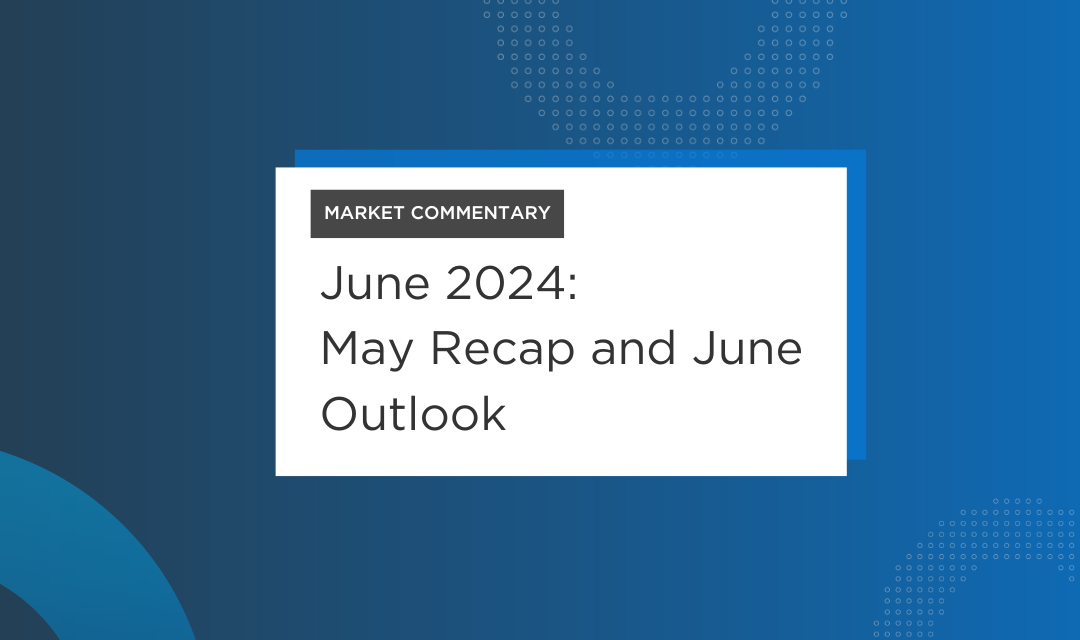To Buy or Rent a Home – that is the question:
With contributions from Mark Essenfeld, CFP®, AIF®
From a purely financial perspective, there is an old adage for maximizing wealth accumulation that one should buy those things that are likely to appreciate in value and rent or lease those things that will probably depreciate in value. Some very common examples of this are cars, in the case of depreciation, and homes, in the case of appreciation. But there are many other factors to consider aside from pure economics, and in the end, the decision whether to buy or rent a home is often based upon one’s life situation.
Step Back and Evaluate
Before working through all the variables involved though, it may be more efficient to examine whether buying a home is even an option by answering the important question: “Can I afford to buy a home?” To arrive at an intelligent answer, one should evaluate the same aspects that a lender would including current savings, credit score, and debt to income ratio.
Current Savings
Lenders want to know that if there are income difficulties in the future there are sufficient cash reserves to pay the mortgage for a period of time, usually 3 to 6 months. This is one of the reasons that the general planning rule of thumb is to keep 3 to 6 months of income or expenses in a cash reserve account. Without such a reserve fund, one might need to take on credit card debt, take out a loan, or sell investments to make up for lost income, all of which are harmful to financial wellness. Having an emergency fund with 3-6 months of living expenses is essential to being approved for a mortgage.
Another big savings need is for the down payment. It’s possible to get a mortgage with as little as 3.5% down (or even 0% in some instances) but doing so requires an additional monthly cost called private mortgage insurance (PMI). Having enough to cover the standard 20% down will not only eliminate the cost of PMI but it will also save a lot of money in interest over the length of the mortgage.
Credit Score
FICO scores range from 300 to 850 and generally the score needs to be above approximately 620 to qualify for a mortgage, though there are many other factors considered. In addition, lenders offer lower interest rates for better credit scores, which means large savings in interest for those paying attention to their score. For example, the difference between a 3% interest rate and a 4% interest rate on a 30-year $500,000 mortgage is just over $100,000. One percentage point difference may not seem like a lot, but in dollars over the life of a mortgage it is a huge difference. Building a good credit score and delaying a home purchase long enough to improve savings and one’s overall financial situation can mean saving tens of thousands of dollars over the life of a mortgage.
Debt-to-income Ratio
Lenders use the Debt-to-income Ratio to determine a person’s trustworthiness and reliability as a borrower. It is the percentage of your monthly income that goes towards debt payments. In other words, if monthly net income is $5,000, and monthly credit card payments and car notes total $1,500, your debt-to-income (DTI) ratio would be $1,500 ÷ $5,000, or 30%. Lenders want to see the lowest DTI ratio possible, and it’s generally recommended to stay under 35% for mortgage approval.
For business-minded entrepreneurs without consistent W-2 income, qualifying for a mortgage can be even more challenging. One generally needs two years of strong financials if self-employed and/or receiving 1099 income. It may also be more difficult to make the decision to hold cash for a down payment when that money could be used to reinvest in the business.

Your Life, Your Choices
Outside of the financials one’s own feelings and life situation must be taken into consideration. Is the flexibility and convenience of renting appealing because moving is likely and/or the cost and time of repairs and maintenance are unwanted? Is there a concern that once a home is purchased one might feel ‘house poor’ or stuck in one location? Answering questions like these is a good way to think through a decision. When it comes to a decision like the differences between buying and renting, finances are only one factor to consider.
When Does Buying Make the Most Sense Financially?
Assuming all the above financial factors are in place, one should plan on staying in a home for at least 5 years. Moving sooner than 5 years from the purchase date can be costly since there will be little equity in the home and closing costs will not have been amortized over a long-term mortgage.
In addition, home ownership may be advantageous from a tax perspective as there are several deductible home expenses. Those who are married and filing jointly can deduct up to $750,000 of mortgage interest if the property is the primary residence. One can also deduct up to $10,000 of state and local property taxes and depending on income level one may also be able to deduct PMI. In addition to mortgage interest and property tax, those who are self-employed can deduct expenses such as repairs and utilities, in accordance with the percentage of the home that the office space occupies.
The Takeaway
It is easy to see that there’s no one-size-fits-all answer here. The decision between renting and buying can be as simple as running the numbers and seeing which option is most cost-effective; but as we all know, decisions—especially financial decisions—require personal consideration. A financial advisor can help sort out all that is involved in the buy or rent decision and ultimately help you make a good decision aligned with your financial values and circumstances.
DISCLOSURES
Investment advisory services offered through TCG Advisors, an SEC registered investment advisor. Insurance Services offered through HUB International. Part of this material was prepared by advisor.io. Although the information in this blog has been compiled from data considered to be reliable, the information is unaudited and is not independently verified. TCG.59.2022.


